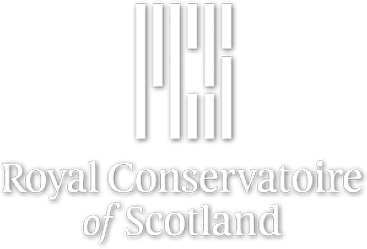Fata Morgana: for clarinet quartet and fixed-media electroacoustic music
Research output: Performances, compositions and other non-textual forms › Composition
Contributors
About
Fata Morgana
For Clarinet Quartet and Fixed-Media Electroacoustic Music
Programme Note
The image you see and hear is always changing. The clarinets, both real and recorded, come in and out of focus in a fluid and illusory way. As the image dissolves, like a mirage, the real clarinets may appear closer or more distant than they actually are. As they melt and mix together the materials they carry are re-imagined creating new perspectives that whilst different, retain the same character and essence throughout. You can never be quite sure that what appears to be on the horizon is really even there.
'Fata Morgana' are unusually vivid, and complex mirages named after the Arthurian Sorceress Morgan La Fey. In my Fata Morgana the illusions are subtle; they are not grand tricks like a Houdini escape.
Fata Morgana was written for and dedicated to the Cameo Clarinet Quartet. I would like to thank them for the huge amount of work that they invested in the development of the piece. I would particularly like to thank Jenny Stephenson who worked with me from the outset recording materials for the tape and trying out the very earliest sketches.
For Clarinet Quartet and Fixed-Media Electroacoustic Music
Programme Note
The image you see and hear is always changing. The clarinets, both real and recorded, come in and out of focus in a fluid and illusory way. As the image dissolves, like a mirage, the real clarinets may appear closer or more distant than they actually are. As they melt and mix together the materials they carry are re-imagined creating new perspectives that whilst different, retain the same character and essence throughout. You can never be quite sure that what appears to be on the horizon is really even there.
'Fata Morgana' are unusually vivid, and complex mirages named after the Arthurian Sorceress Morgan La Fey. In my Fata Morgana the illusions are subtle; they are not grand tricks like a Houdini escape.
Fata Morgana was written for and dedicated to the Cameo Clarinet Quartet. I would like to thank them for the huge amount of work that they invested in the development of the piece. I would particularly like to thank Jenny Stephenson who worked with me from the outset recording materials for the tape and trying out the very earliest sketches.
Details
| Original language | English |
|---|---|
| Media of output | Musical Score |
| Publication status | Published or Performed - 15 Jun 2012 |
